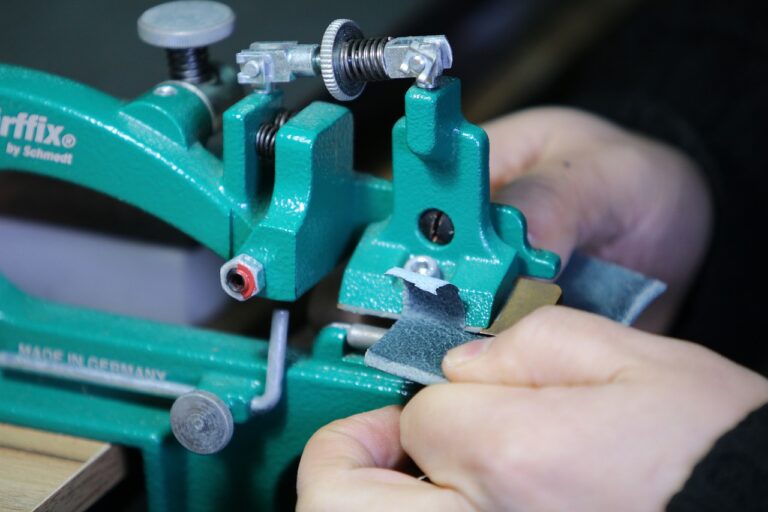The Role of Peer Assessment in Enhancing Learning: Encouraging Feedback and Reflection
Peer assessment is a valuable tool in the educational setting that allows students to provide constructive feedback to their peers. By engaging in peer assessment, students not only receive feedback from their teachers but also gain insights from their peers, enhancing their learning experience. This process encourages students to actively participate in evaluating each other’s work, fostering a collaborative learning environment.
Moreover, peer assessment helps students develop important skills such as critical thinking, communication, and self-reflection. When students assess their peers’ work, they must critically analyze the content, provide evidence to support their feedback, and communicate their thoughts effectively. This process not only enhances their understanding of the subject matter but also cultivates critical thinking skills that are essential for academic and personal growth.
• Peer assessment allows students to receive feedback from their peers, enhancing their learning experience
• Students gain insights from their peers, fostering a collaborative learning environment
• Peer assessment helps students develop skills such as critical thinking, communication, and self-reflection
• Students must critically analyze content and provide evidence to support their feedback
• Peer assessment cultivates critical thinking skills essential for academic and personal growth
Encouraging Active Participation in Learning
Participating actively in learning is essential for students to fully engage with the material and deepen their understanding. By encouraging students to take an active role in their learning process, educators can create a more dynamic and interactive classroom environment. This can lead to increased motivation and interest in the subject matter, ultimately enhancing the overall learning experience for students.
One effective way to promote active participation in learning is through the use of group activities and discussions. By working collaboratively with their peers, students have the opportunity to share ideas, ask questions, and engage in meaningful dialogue about the course material. This not only fosters a sense of community within the classroom but also allows students to take ownership of their learning and develop important communication and collaboration skills.
Developing Critical Thinking Skills
The process of honing critical thinking skills is essential in fostering a deeper understanding of complex concepts and enhancing problem-solving abilities. Through engaging in activities that require analysis, evaluation, and interpretation, individuals are able to develop a more discerning mindset. Encouraging students to question assumptions, evaluate evidence, and consider multiple perspectives can greatly enhance their ability to think critically in various contexts.
When students are challenged to think critically, they are better equipped to make informed decisions and form well-reasoned arguments. By engaging in activities that encourage independent thinking and intellectual curiosity, individuals are able to expand their cognitive abilities and approach challenges with a more analytical mindset. Developing critical thinking skills also empowers individuals to navigate through ambiguity and uncertainty, enabling them to approach problems with confidence and creativity.
How can peer assessment benefit the development of critical thinking skills?
Peer assessment allows students to receive feedback from their peers, providing different perspectives and insights that can help improve their critical thinking abilities.
What are some ways to encourage active participation in learning?
Some ways to encourage active participation in learning include group discussions, hands-on activities, and problem-solving exercises that require students to think critically and engage with the material.
How can critical thinking skills be developed in students?
Critical thinking skills can be developed in students through practice, challenging assignments, and opportunities for reflection and analysis. Encouraging students to question assumptions and consider different viewpoints can also help foster critical thinking abilities.





